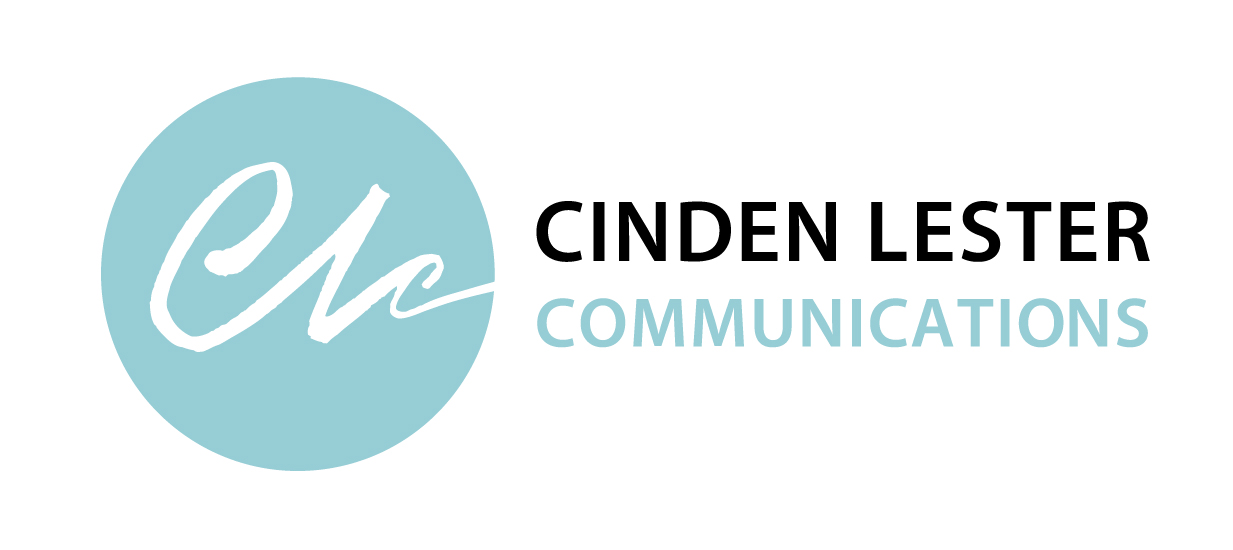![]()
I had a strange experience recently.
A tradesman who was about to do a large project for me rang quite late one evening and berated me for sending him a note confirming the details of the job. I still don’t understand what he was angry about. His point was obscured by his rude and irrational manner.
This tradesman clearly didn’t realise it, but there are ways to make your point, even stand your ground, without offending people.
Here are some tips.
Before you do anything, take a moment to breathe and think calmly about the issue. How serious is it really? Can you let it go or is it worth pursuing?
It’s important to step back and think about what you want, and what you are prepared to compromise on, rather than leaping straight into a heated conversation or shooting off an angry email.
This can be difficult if you feel strongly about something, but emotion-laden conversations or emails only undermine your professionalism and credibility. It can also alienate people so that they are not receptive to your point, regardless of how important it is.
Slowly count to 10, imagine everyone else is in their pyjamas, dream about your next holiday… do whatever works to keep your cool and stick to the facts.
What, exactly, is the issue? Try working backwards from the outcome you want, to help you figure out what aspect you’re actually concerned about.
Is it someone’s attitude? Sometimes we have to work with difficult people. That doesn’t mean we have to accept rudeness or disrespect.
Maybe it is a misunderstanding you can clear up easily once you’ve stripped out the emotion.
Perhaps the problem is an ill-informed decision. Can you revisit the issue and explain the consequences, how this will change the outcome, add unnecessary work, create risks or introduce complications?
Sometimes people just have different ideas about how to do things. By acknowledging the views of others, calmly stating your own, and being prepared to compromise, it’s often possible to come up with a win-win solution.
But what if it’s about territory and power plays? This can be tricky to deal with. Unless you love being in the thick of office politics, it’s usually best to avoid the games. Focus on doing your job as well as you can, and quietly make sure the people who matter see the value you’re adding.
While understanding and managing your own emotions is important, the ability to tune into the emotions of others gives you an extra edge. Your responses are far better informed if you recognise what’s driving people and why they are reacting the way they are.
Years ago, I had a colleague who gradually became more and more negative and dismissive. It took me a while to understand this was because they felt they should be supervising my work, rather than both of us reporting directly to the CEO. I’m usually non-confrontational but decided it was time to tackle their mood, while playing dumb about the reason. So I asked if they wanted to ‘clear the air’. Since they had no actual issue with me or my work, the conversation took them by surprise and they had to defrost a bit. I stopped taking it personally and continued to behave in a polite and professional way.
Make sure you have all the information you need and check your assumptions before wading in.
Think about who else is involved or influential. In the case of my former frosty colleague, I knew the CEO was happy with my work. That gave me added confidence to deal with the issue.
Pick your battles and, if you do need to challenge someone, know who’s got your back.
Usually, there is a common aim or goal. Keeping this front-of-mind can help everyone find ways of working together to achieve successful outcomes.
TIP
Make your point more clearly by being assertive, not aggressive.
| Cinden Lester has more than 25 years’ experience as a professional writer, editor and communications specialist. She worked as a broadcast journalist, in private sector marketing and public relations, and in government communications before establishing her own Canberra-based communications consultancy in 2000.
Contact Cinden if you’d like help with your communications. |
